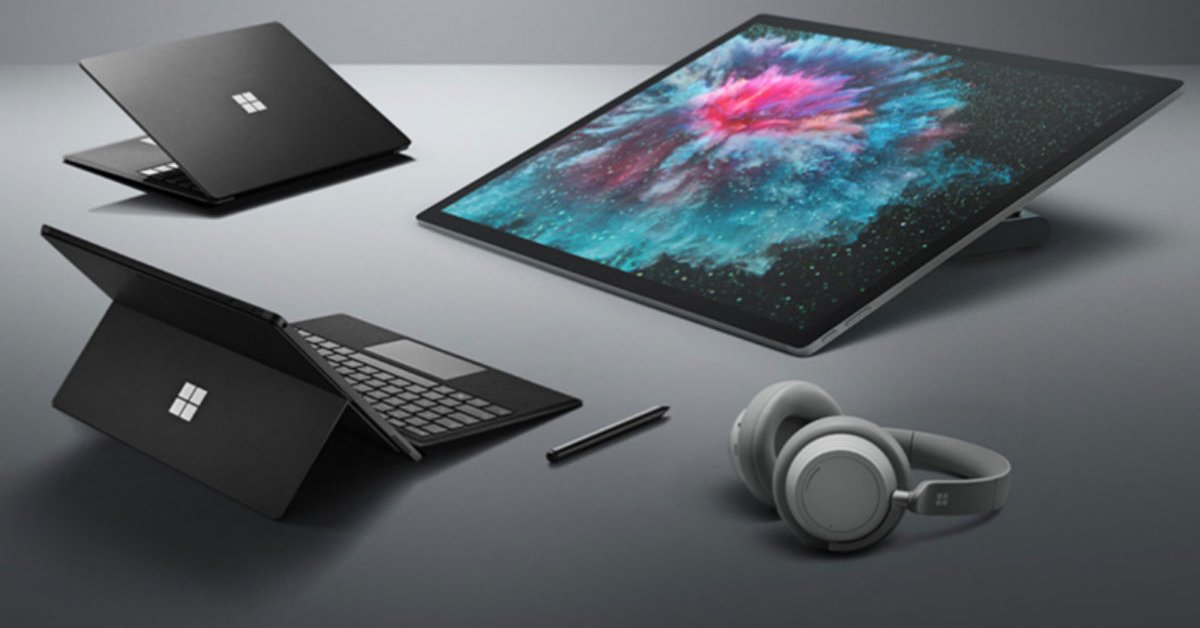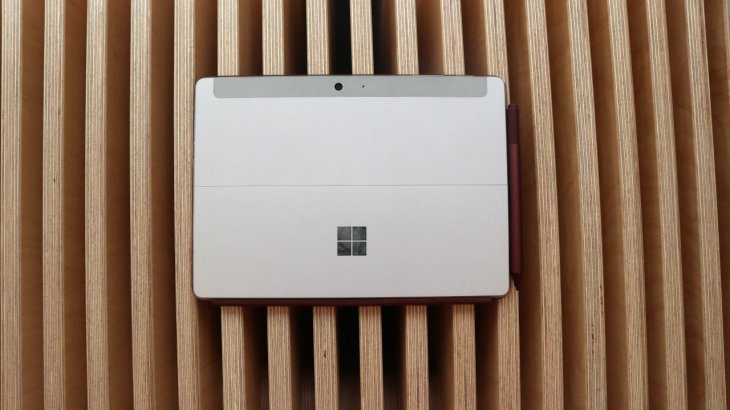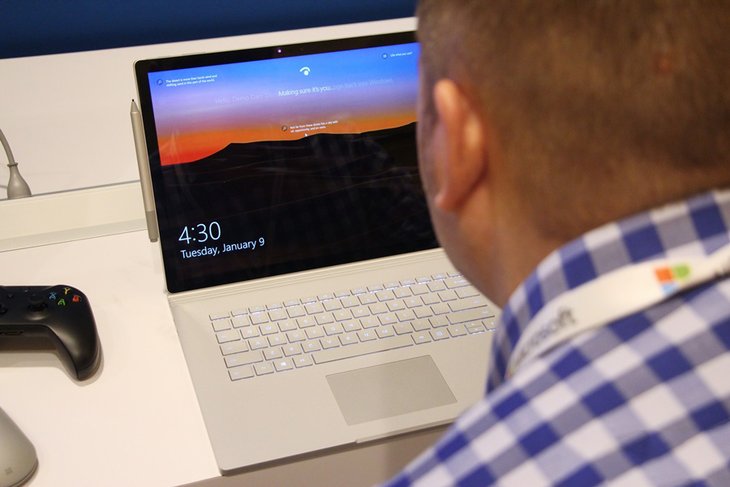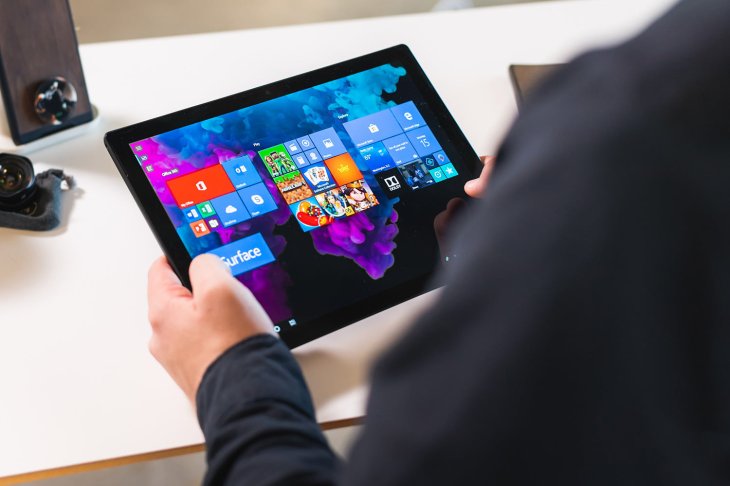Microsoft May Soon Power Surface Pro With ARM-based Processors
Anil - Jul 01, 2019

Those upcoming versions of Surface Laptops and Surface Pro tablets are on the go.
- The Ultimate Tech Betrayal: OpenAI's Nuclear Revenge Plot Against Sugar Daddy Microsoft
- Microsoft Notepad Gets Major Update: Bold Text, Hyperlinks, and Markdown Support
- Microsoft Surface: A Shift from Innovation to Stability?
The upcoming versions of Surface Laptops and Surface Pro tablets are on the go. While there were a few rumors about Microsoft's next-generation models, the company has already developed prototypes of those products - which would come with either AMD or Qualcomm's Snapdragon chipsets, according to a recent report written by Petri.

A model called Surface Pro 7 in the Surface Pro lineup is supposed to be launched in late 2019. In addition to the basic specs of the predecessor, it will support a USB Type-C port over the Surface Connector, while keeping a likely look relative to the existing model. Under the hood, the Surface Pro model will be powered by an ARM-based processor. Instead of having only Intel's products underneath. Microsoft and Qualcomm are reportedly working on another custom chipset, dubbed Excalibur, especially for the Windows 10's optimization. A powerful chipset of Qualcomm is expected to increase battery life alongside an inbuilt LTE.

In the meantime, Intel's processors have been main supplementary for the Surface product line for the past few years. Keep in mind that this does not mean the company will no longer go along with Intel anymore, and the Surface models will continue running with Intel chipsets inside, instead of a complete abandon of all. Apart from the Surface Pro, the tech giant may roll out Surface Laptops featuring 12nm AMD Picasso processors soon.

It seems like Apple is not the only one who wants to reduce the dependency on the chip maker giant Intel. In spite of a long-standing history in the relationship, both Intel and Microsoft are on "shaky ground" at present, according to some sources that have disclosed with Petri. One of the most reasonable explanations for the deteriorating relationship between Microsoft and Intel could be not only the lack of innovative design but also Intel's delayed roadmap in chip production.
Featured Stories

Gadgets - Jul 21, 2025
COLORFUL Launches iGame Shadow II DDR5 Memory for AMD Ryzen 9000 Series

Gadgets - Jun 23, 2025
COLORFUL SMART 900 AI Mini PC: Compact Power for Content Creation

Review - Jun 18, 2025
Nintendo Switch 2 Review: A Triumphant Evolution Worth the Wait

Gadgets - Jun 18, 2025
Starlink: Why It’s a Big Deal for U.S. Internet in 2025

Gadgets - Jun 17, 2025
How Custom PC Setups Support India's Esports Athletes in Global Competition

Gadgets - Jun 12, 2025
Lava Prowatch Xtreme Launches with Google Fit Integration

Gadgets - Jun 07, 2025
Fujifilm Instax Mini 41 Launches in India: Stylish Instant Camera Now Available...

Mobile - Jun 07, 2025
Realme C73 5G Launches in India: Budget 5G Phone Starts at ₹10,499

Gadgets - Jun 07, 2025
OnePlus 13s Makes Indian Debut: Compact Flagship Brings Premium Features at...

Gadgets - Jun 07, 2025
OnePlus Pad 3 Debuts with Snapdragon 8 Elite Chip, India Launch Confirmed
Read more

ICT News- Feb 18, 2026
Google's Project Toscana: Elevating Pixel Face Unlock to Rival Apple's Face ID
As the smartphone landscape evolves, Google's push toward superior face unlock technology underscores its ambition to close the gap with Apple in user security and convenience.

ICT News- Feb 19, 2026
Escalating Costs for NVIDIA RTX 50 Series GPUs: RTX 5090 Tops $5,000, RTX 5060 Ti Closes in on RTX 5070 Pricing
As the RTX 50 series continues to push boundaries in gaming and AI, these price trends raise questions about accessibility for average gamers.

Mobile- Feb 17, 2026
Anticipating the Samsung Galaxy S26 and S26+: Key Rumors and Specs
The Samsung Galaxy S26 series is on the horizon, sparking excitement among tech enthusiasts.
Comments
Sort by Newest | Popular